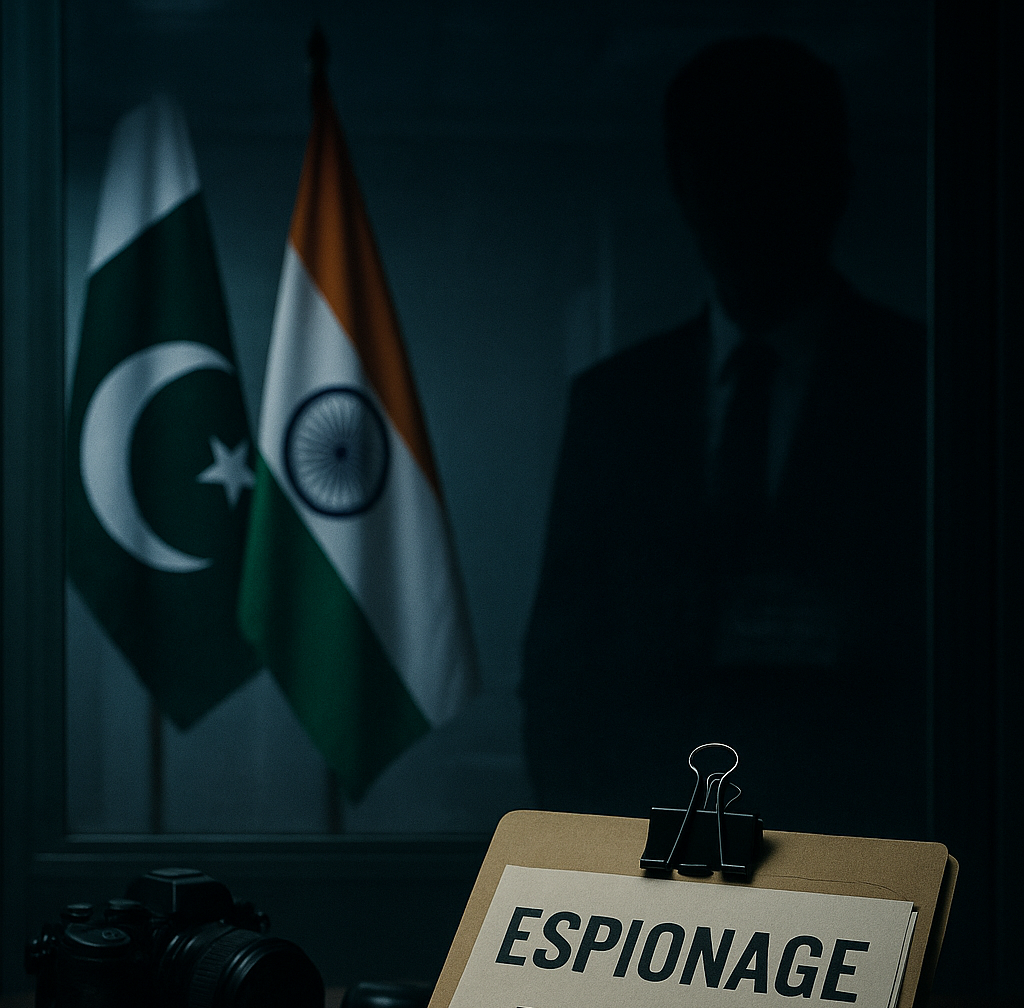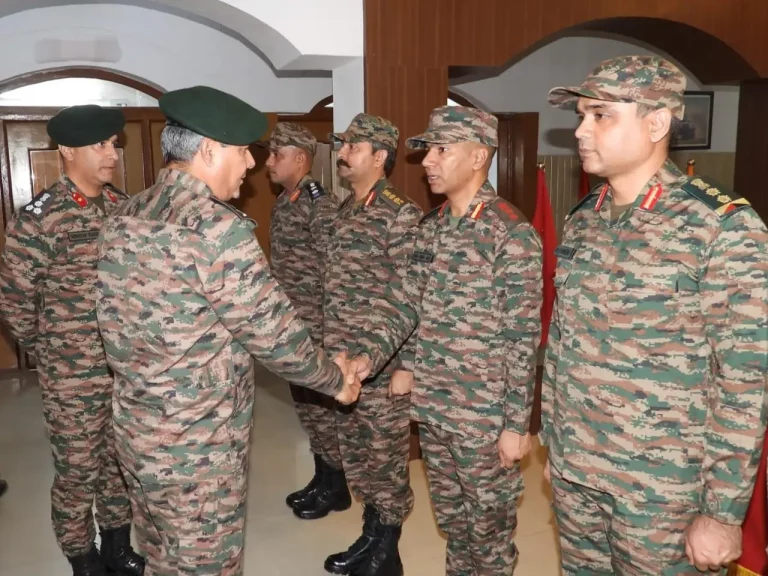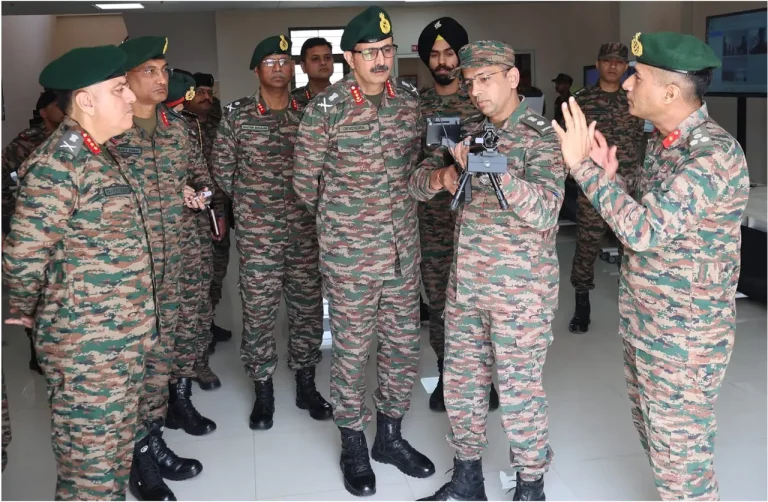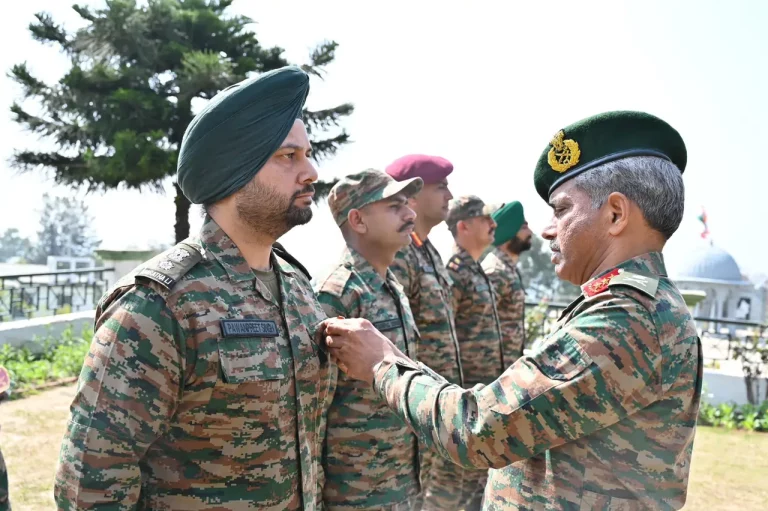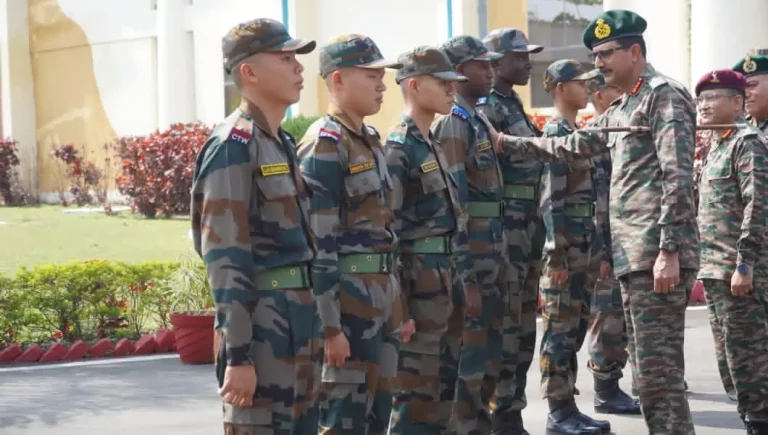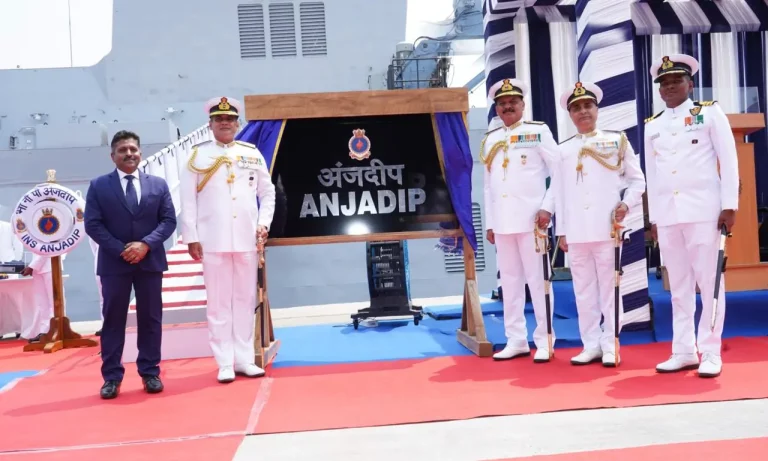In a noteworthy diplomatic development, the Government of India has declared a staff member of the Pakistan High Commission in New Delhi as persona non grata, compelling the official to leave the country within a 24-hour timeframe. The Ministry of External Affairs (MEA) communicated this decision to the Charge d’Affaires of Pakistan, citing actions deemed “inconsistent with diplomatic norms.”
While the specifics of the alleged misconduct have not been publicly outlined by the MEA, sources within the government indicate that the expulsion is linked to concerns about espionage, a recurring theme that has historically strained India-Pakistan relations.
This action occurs against a backdrop of escalating tensions following a deadly militant assault in Pahalgam, Jammu and Kashmir, earlier this year, which claimed the lives of 26 civilians. In retaliation, India initiated Operation Sindoor, a focused military campaign aimed at dismantling alleged militant infrastructure within Pakistan and its administered regions.
The expulsion of the Pakistan High Commission staff member fits into a broader trend of diplomatic downgrades. Just last month, India had already declared several high-ranking military attaches from Pakistan persona non grata, reflecting a more stringent stance on national security issues. Indian officials have consistently accused certain factions in Pakistan of facilitating cross-border terrorism, allegations that the Pakistani government has flatly denied.
Public sentiment in India regarding the recent expulsion has been largely positive, with many citizens expressing support for the government’s measure as a warranted response to ongoing security threats. However, there are also calls from various sectors of society for even stricter actions, including the complete closure of the Pakistani High Commission in New Delhi.
Since their partition in 1947, India and Pakistan have grappled with a complex and often adversarial relationship, characterized by several wars, proxy conflicts, and significant developments in nuclear arms capabilities in 1974 and 1998, respectively. The use of persona non grata declarations, as outlined in the Vienna Convention on Diplomatic Relations, serves as a potent instrument in diplomatic protocol, often indicating a profound breakdown in trust.
As Islamabad has yet to issue an official response, some analysts warn of potential retaliatory actions or further escalations unless diplomatic paths are re-established. At present, the geopolitical landscape in South Asia appears to be increasingly volatile, with the prospect of regional stability teetering on a knife’s edge.
